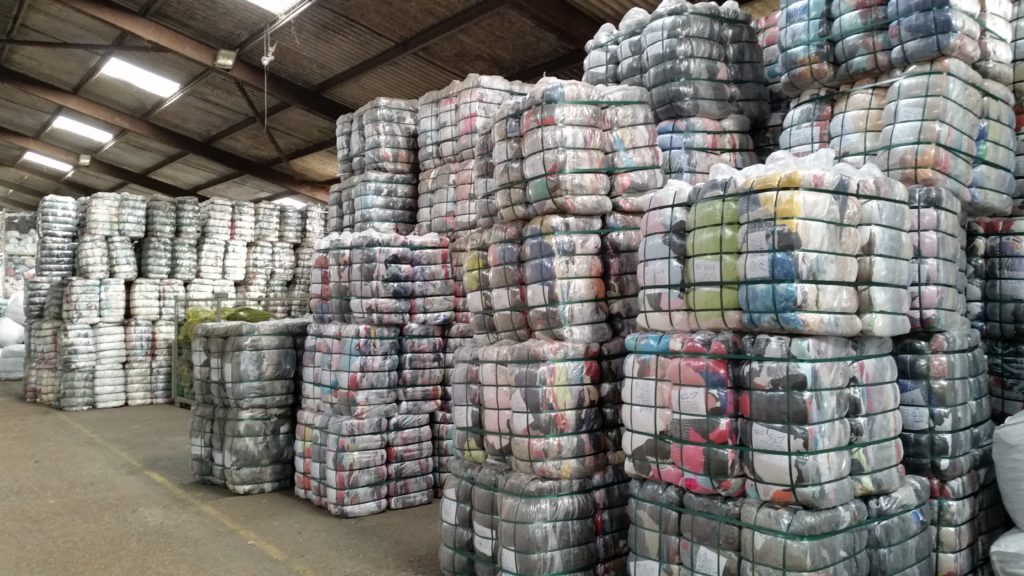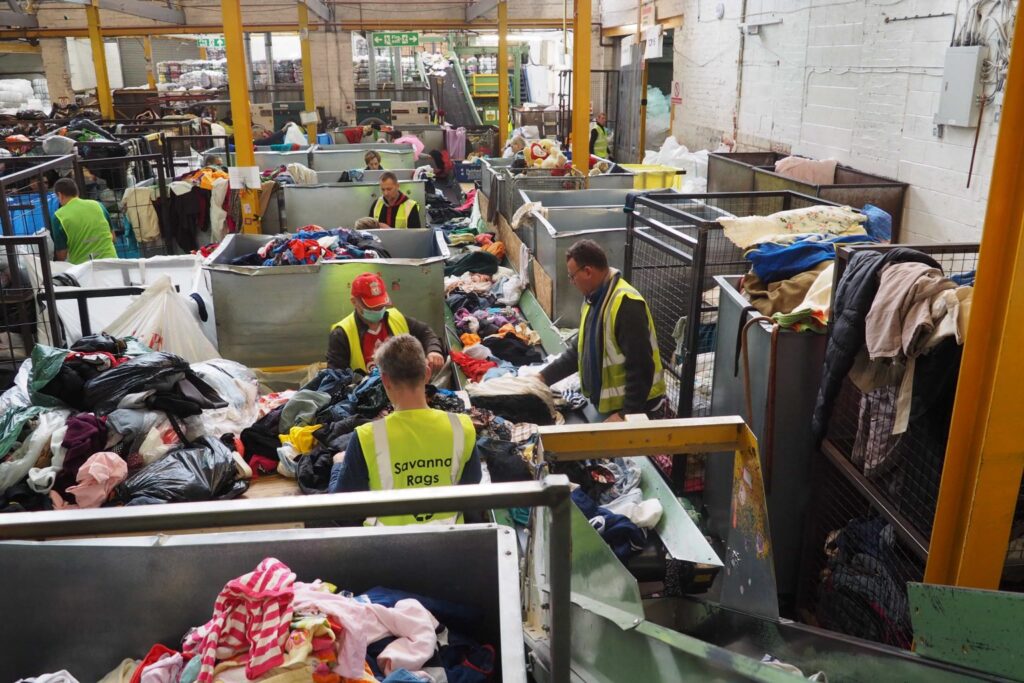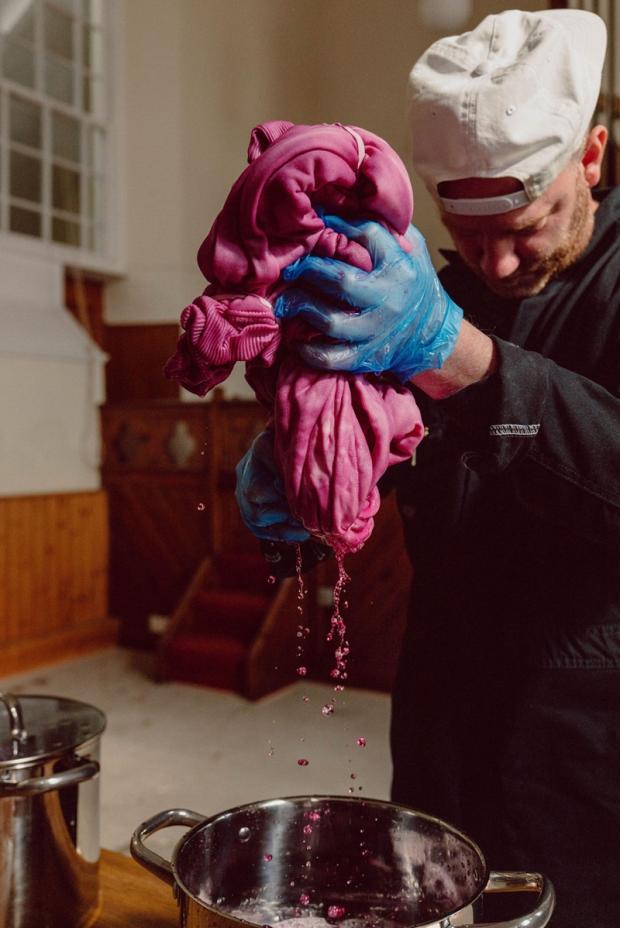SCAP 2020 was launched in 2012, which WRAP says “united fashion brands, retailers, charity retailers, textile recycling companies, academia, governments and other stakeholders to reduce the impact of clothing in the UK”.
The resources charity said between 2012 and 2020, “this pioneering, industry-led action plan delivered effective environmental and economic outcomes”.
Despite water and carbon reduction target being met and exceeded, today’s impact report showed that household textile waste only fell by 4%, as outlined below.
Data
WRAP noted that the figures for waste were actually from 2017, and haven’t been updated due to a lack of data available.
The report said: “The target to reduce clothing to landfill or incineration by 15% had not been met pre-pandemic; the 4% measured reduction relates to 2017. Progress cannot be reported in the SCAP closing report due to a lack of recent waste data, but will be updated in 2022. However, the target is not expected to have been met in 2020 due to the impacts of the pandemic on collections, reuse and recycling of unwanted clothing”.
Over 90 signatories and supporters signed up to the plan, which according to WRAP, represents more than 48% of UK retails sales by volumes.
Signatories included well known retailers such as ASOS, Primark and Next, as well as recyclers TRAID and SOEX UK. Charity shops such as Cancer Research, the British Heart Foundation and Oxfam also signed up.
Sector-wide change is essential if we are to achieve climate targets and a circular economy in material
- Dr David Moon, WRAP
Successes
The Action Plan did however exceed targets in reducing the impact clothing has on the UK’s carbon footprint, and water footprint.
WRAP also claimed there had been a “radical increase” in the use of more sustainable fibres, from close to zero in 2012, to over 100,000 tonnes in 2020.
Dr David Moon, director of collaboration and change at WRAP, said: “The learnings and success of the Sustainable Clothing Action Plan have provided the foundations for Textiles 2030. SCAP was the first voluntary agreement of its kind to measure and act within the UK textiles sector and the knowledge we have gained from this agreement has underpinned what needs to happen to make Textiles 2030 even more impactful.
“Sector-wide change is essential if we are to achieve climate targets and a circular economy in materials, so we have been collaborating with businesses, Governments and other stakeholders to develop Textiles 2030. The public, investment managers and policy makers are all demanding practical action, sustainable products and evidence of outcomes. We need more companies to show their commitment to action through Textiles 2030, continuing and evolving the legacy of SCAP.”
‘Loom large’
WRAP noted that “challenges still loom large” for the textiles sector but improvement actions carried out by signatories each year “grew more than 10-fold” through the agreement.
Actions included switching to more sustainable fibres, low impact dyeing, introducing hire and repair services, collecting clothing for reuse, designing for longer life, and more efficient production.
The missed waste target was also highlighted in 2019.
WRAP released a report “exploring the achievements” of the European Clothing Action Plan (ECAP), an EU-funded project which aimed to reduce clothing waste across the continent (see letsrecycle.com story).
But, the overall tonnage of textiles diverted from landfill or incineration fell short of the initial target of 90,000 tonnes a year, with the final plan putting the overall tonnage diverted at 4,670 (1,168 per year).
2030
As well as the progress report, WRAP also gave further details of the Textiles 2030 campaign.
A direct target for waste reduction has not been included in the Textiles 2030, instead signatories will “collaborate on carbon, water and circular textile targets”.
Launched by WRAP in April 2021, Textiles 2030 is the “world’s most ambitious programme for sustainability in clothing and textiles”.
So far, WRAP says 92 signatories have committed to Textiles 2030 in just six months, including brands and retailers, reuse and recycling organisations and affiliates. Major household names include ASOS, Boohoo, Dunelm, John Lewis, M&S, New Look, Next, Primark, Sainsbury’s, Ted Baker, Tesco and The Salvation Army.
This means 62% of all clothing put on the UK market is represented by Textiles 2030 signatories who are working towards science-based sustainability targets to minimise their environmental impact.
WRAP has release the below video to encourage more signatories.
‘Urgent action’
WRAP 2030 was backed by the resources and waste Minister, Jo Churchill, who said: “We all know that urgent action is needed to slash the environmental impact of our clothing if we are to meet our ambitious Net Zero target. Leading fashion brands and manufacturers have made solid progress so far, and the Textiles 2030 initiative must build on this momentum, shifting us towards a more prosperous and sustainable fashion industry.
“There is further to go, which is why, through our world-leading Environment Bill and landmark waste reforms, we will take steps to tackle fast fashion by incentivising recycling and encouraging innovation in new design.”











Subscribe for free